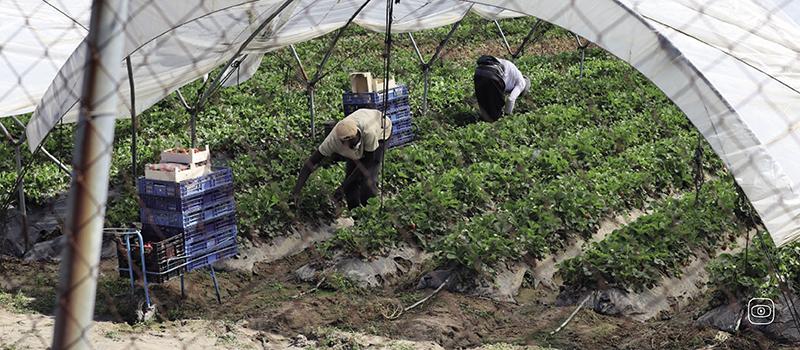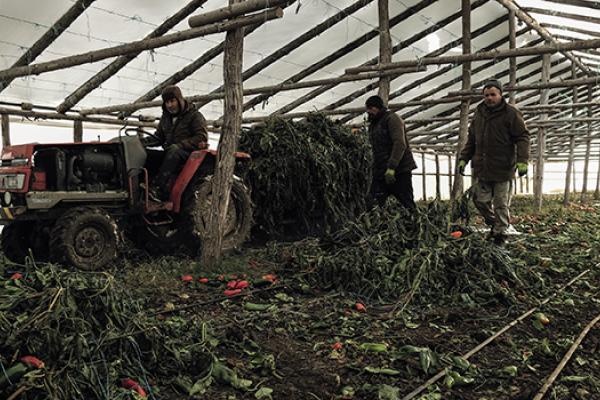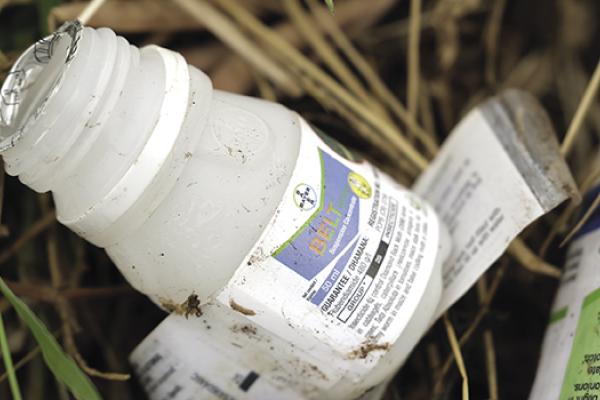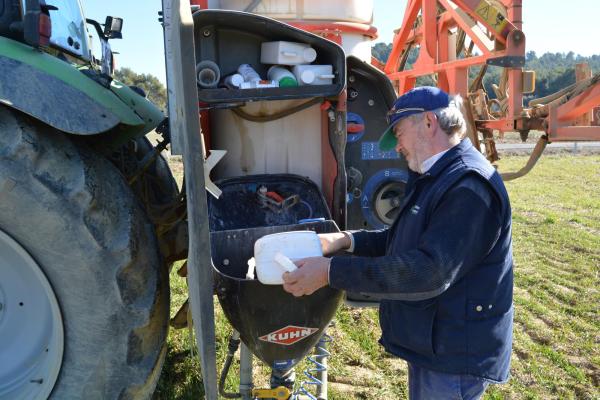A lack of transparency and an absence of regulation from individual member states means the real figure is likely to be much higher. In all of these cases, CAP funds continued to be paid to farms once prosecutors had opened investigations, and in some instances even after conviction while the sentence was being served.
The cases analysed in the investigation highlight a structural blind spot in the CAP: the lack of checks on labour compliance has allowed farms that are found or suspected of exploiting workers to continue receiving EU subsidies with few consequences.
The investigation also reveals that the 'social conditionality' mechanism in the 2023–27 CAP strategic plan, which for the first time tied subsidies to basic labour standards, is not yet fit for purpose. This is concerning given that the next CAP reform, currently under review, is at risk of further diluting social conditionality.
Key findings:
- €1.4 million of CAP funding went to farmers convicted of caporalato and labour exploitation in Italy and Spain.
- €11.5 million of CAP funding went to farmers who were sanctioned for caporalato, non-payment of overtime, underpayment, and unfair dismissal in Italy and Spain.
- In total, €14 million of CAP payments went to employers since the start of the investigation and after the sanction, including total settlements and the payment year of conviction.
- Media partner FragDenStaat sued the German Customs Department responsible for sanctioning a specific set of labour abuses for information.
- A lack of effective monitoring and transparency means that CAP subsidies are disconnected from labour conditions in Europe’s fields.
- 'Social conditionality' reform (2023–2027): For the first time, EU aid has been formally tied to labour rights compliance. However, the scope of the regulation is extremely limited and does not cover basic protections such as minimum wage payments. Furthermore, sanctions are weak, with mostly symbolic deductions of 1–10%.
- CAP social conditionality has not been effectively enforced in its initial implementation. In Spain, for example, only 227 farmers were sanctioned in the first year of application (2024), mostly receiving minor reductions (around 3%) in subsidies.
- In Austria, the Social Conditionality mechanism was applied to a single farmer in both 2023 and 2024; the total sanction was €3,169.
- Convictions do not affect the amount of CAP payments that producers receive the year after a conviction or investigation.
- Not all countries that adopted the Social Conditionality mechanism early on have fully implemented it.
- Migration patterns to Austria are changing due to brain drain in Romania, which used to be a major source of seasonal agricultural workers in Austria.
- In 2024, the Austrian Chamber of Agricultural Labourers obtained €819,144.62 in out-of-court settlements, acknowledgements, comparisons and wage and salary claims for two of its members.
On the right: Farmworkers picking strawberries in Huevla, Spain. Photograph by Eoghan Gilmartin.












